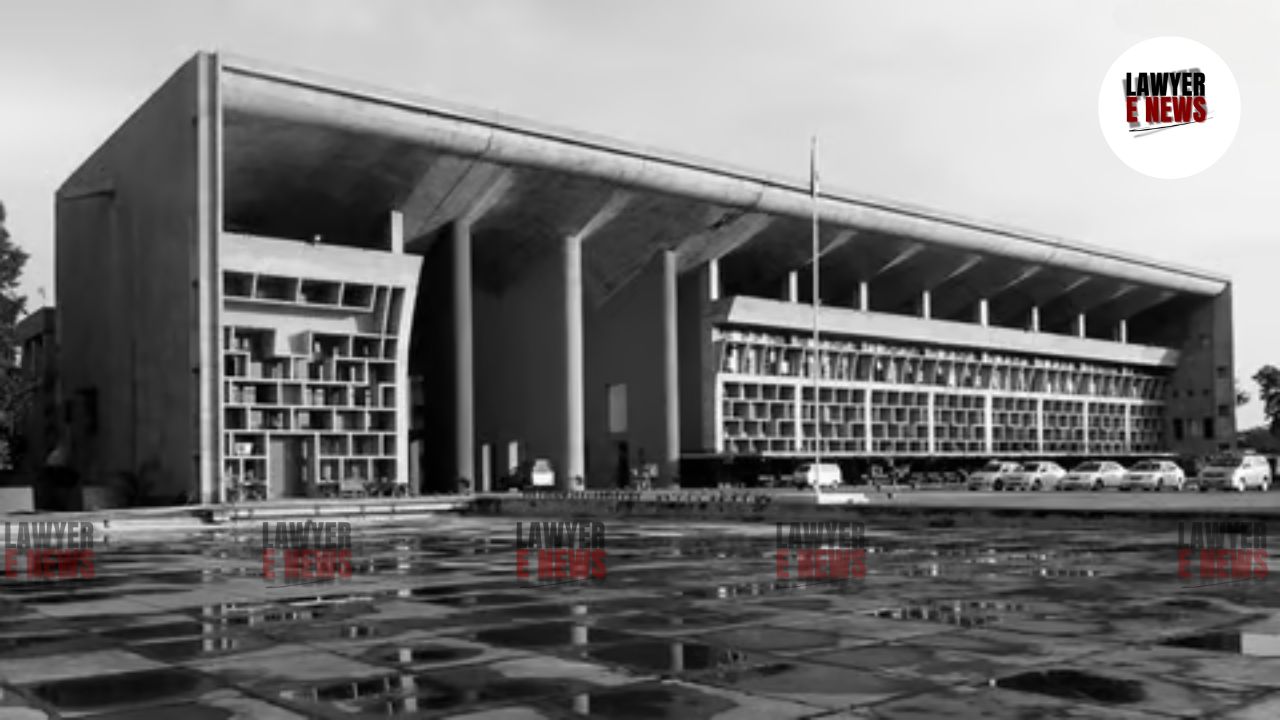-
by Admin
15 February 2026 5:35 AM



Punjab and Haryana High Court, in Harbans Kaur v. Darshan Lal & Ors., upheld the Motor Accident Claims Tribunal's (MACT) decision, which had dismissed Harbans Kaur’s compensation claim under Section 166 of the Motor Vehicles Act, 1988. The case revolved around an accident that allegedly occurred on January 19, 1999, in which Harbans Kaur claimed she was struck by a scooter driven by Darshan Lal, resulting in serious injuries to her leg and head.
The appellant, Harbans Kaur, claimed that on the day of the incident, Darshan Lal, while driving a scooter recklessly on the wrong side of the road, struck her right leg, causing severe crush injuries. Darshan Lal had initially taken her to Jain Dharmarth Hospital for treatment, promising to cover her medical expenses but later reneged on this promise. The appellant filed a compensation claim with the MACT on June 7, 2002, more than three years after the incident.
Delayed Reporting and Filing of Claim: One of the key reasons the Tribunal dismissed the claim was the delay in filing both the compensation claim and the criminal complaint against Darshan Lal. The first report to the police was made only on January 28, 1999, nine days after the incident, and the formal claim was filed three years later. The court found that these delays raised doubts about the veracity of the appellant’s claims.
Lack of Evidence Linking the Accident to the Injuries: The appellant was initially treated for her injuries without disclosing that they were caused by a road accident. The court observed that it was only during her second admission to the hospital on January 28, 1999, that the appellant mentioned the accident. Moreover, no immediate report was made to the police, and the claim for compensation was filed much later, weakening her case.
Ownership of the Vehicle and Validity of License: The appellant alleged that Darshan Lal did not possess a valid driving license and that the scooter involved had been transferred to another individual, Jagbir, before the accident. Despite the appellant's contention that this transfer was a cover-up to shield Darshan Lal from legal responsibility, the court found that the transfer of ownership had been properly documented, further weakening the appellant’s claim.
Assessment of Compensation: Despite dismissing the claim, the Tribunal had assessed compensation at ₹1,65,000, which the claimant could have received had she proven that the accident occurred due to the respondent’s negligent driving. However, since the core issue of negligence was decided against her, she was not entitled to this compensation.
The Punjab and Haryana High Court upheld the Tribunal’s decision, emphasizing that the appellant failed to provide sufficient evidence to link her injuries to the alleged accident caused by Darshan Lal’s negligent driving. The court also noted the long delay in filing the claim and the absence of any immediate report to the police or medical authorities about the accident, which cast further doubt on the appellant's case.
This judgment reinforces the importance of timely filing and reporting in motor accident claims under the Motor Vehicles Act. The decision also highlights the necessity for claimants to provide concrete evidence linking their injuries to the negligence of the accused party.
Date of Decision: October 1, 2024
Harbans Kaur v. Darshan Lal & Ors..
